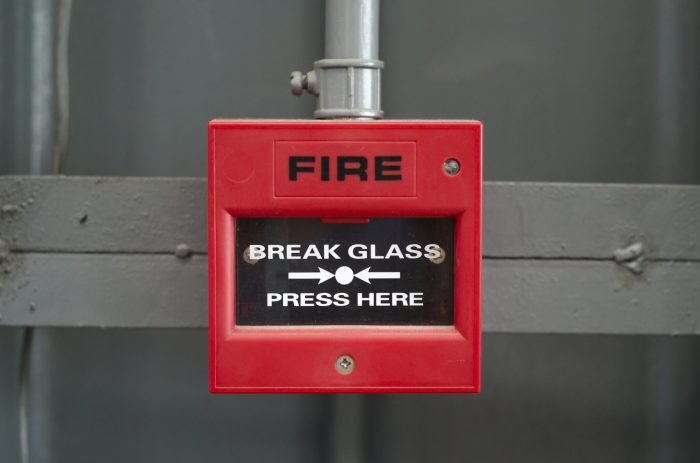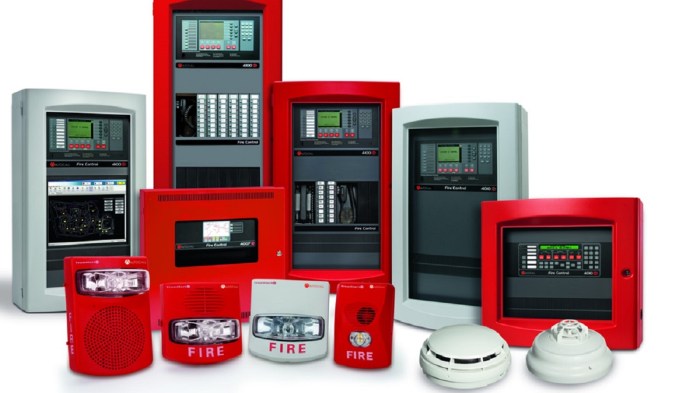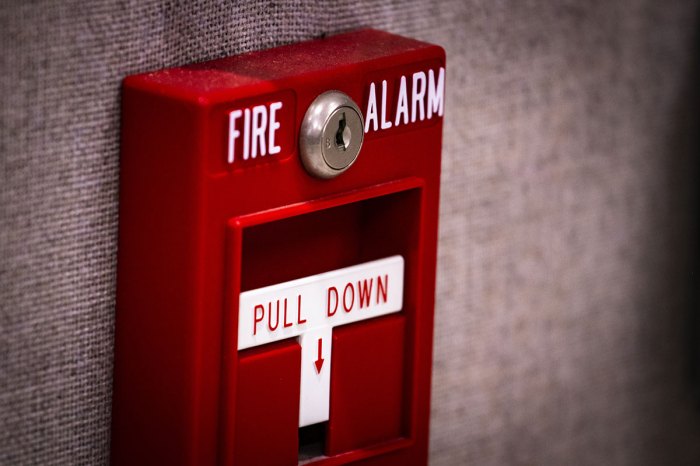Which fire alarm system is the simplest of all systems – When it comes to fire safety, simplicity is paramount. Identifying the simplest fire alarm system is crucial to ensure timely detection and response in the event of an emergency. This comprehensive guide explores the various types of fire alarm systems, their advantages and disadvantages, and the key criteria for determining simplicity.
Ultimately, we will unveil the fire alarm system that stands out as the epitome of simplicity, providing peace of mind and unwavering protection.
System Types

Fire alarm systems are classified into various types, each with unique features and applications. The following table provides an overview of the different types, their descriptions, advantages, and disadvantages:
| System Type | Description | Advantages | Disadvantages |
|---|---|---|---|
| Conventional Fire Alarm System | A basic system with manual call points and smoke detectors connected to a central control panel. |
|
|
| Addressable Fire Alarm System | A more advanced system that uses addressable devices, allowing for precise location identification. |
|
|
| Wireless Fire Alarm System | A system that uses wireless devices to transmit signals to a central control panel. |
|
|
| Analog Fire Alarm System | A system that uses analog sensors to detect smoke or heat levels. |
|
|
| Digital Fire Alarm System | A system that uses digital sensors to detect smoke or heat levels. |
|
|
Simplicity Considerations

The simplicity of a fire alarm system can be determined by evaluating factors such as:
- Installation: Ease of installation, including wiring, device placement, and configuration.
- Operation: Simplicity of user interface, alarm activation, and system controls.
- Maintenance: Frequency and complexity of maintenance procedures, including testing, cleaning, and repairs.
- Cost: Initial investment, installation costs, and ongoing maintenance expenses.
These factors collectively influence the overall simplicity and usability of a fire alarm system.
FAQ Section: Which Fire Alarm System Is The Simplest Of All Systems
What are the key factors to consider when determining the simplicity of a fire alarm system?
Simplicity encompasses factors such as ease of installation, operation, maintenance, and overall cost.
How does the identified simplest fire alarm system ensure timely detection and response?
The system features advanced sensors, reliable communication protocols, and rapid alert mechanisms to guarantee prompt detection and notification.

